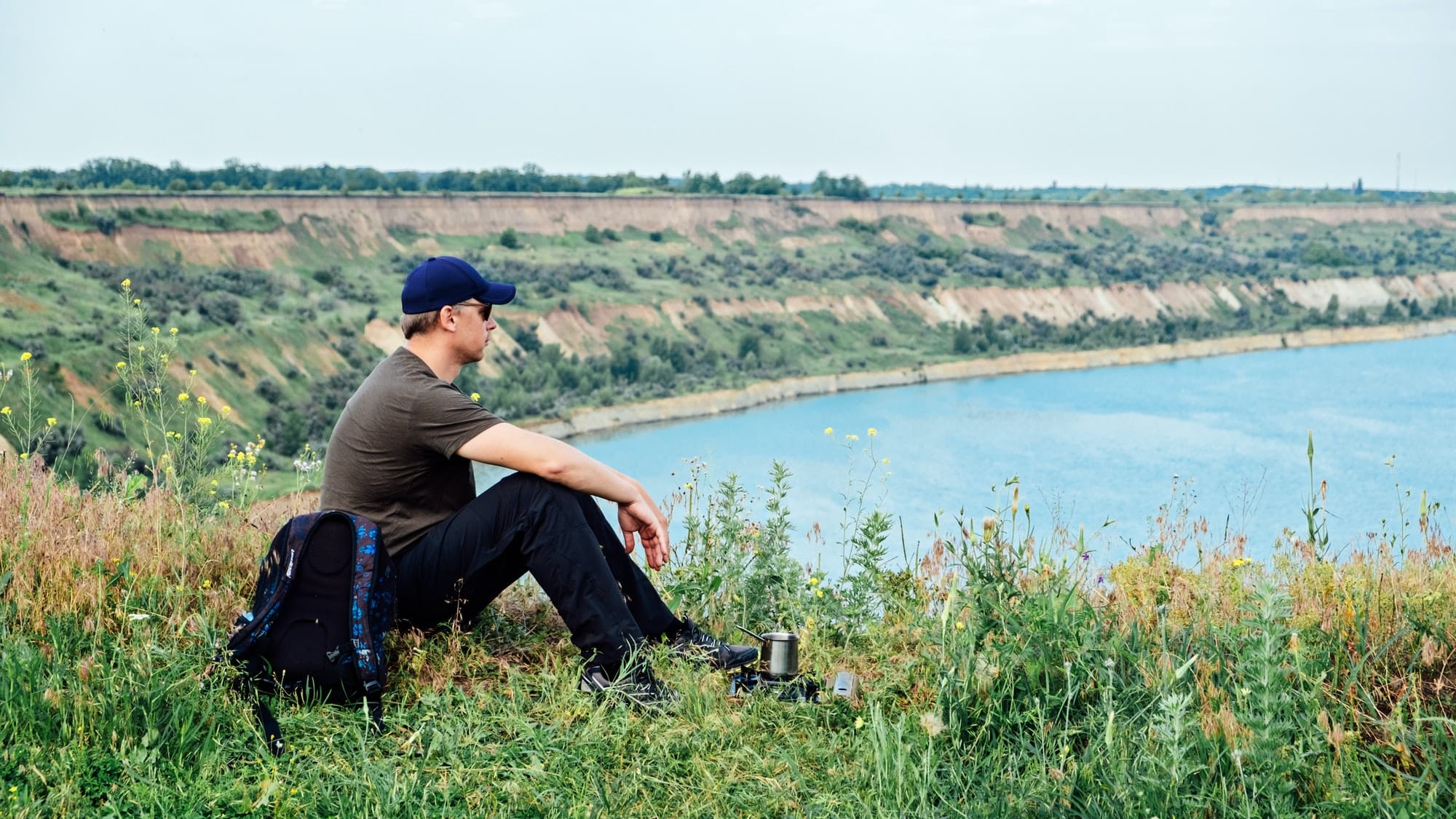Eco-tourism has gained widespread recognition as a potent force for sustainable development in rural areas. This concept connects tourism and sustainability, urging tourists to explore the local culture and environment while promoting economic growth. Yet, it’s not just about treading lightly on the globe. It is about fostering respect for different cultures, conserving biological diversity, and aiding in the development of communities. If you’re a rural business in the UK, here’s how you can tap into the eco-tourism industry and contribute to sustainable development.
Understanding the Demand for Eco-Tourism
To develop an effective eco-tourism strategy, you first need to understand the increasing demand for this type of tourism. More and more tourists are seeking sustainable alternatives that not only allow them to explore different destinations but also contribute positively to these destinations. They are drawn by the opportunity to immerse themselves in rural and local experiences that allow them to connect with nature and culture.
In the same genre : How Can UK Independent Music Artists Successfully Market on Streaming Platforms?
Eco-tourists are mainly attracted to pristine, untouched, and culturally rich environments. They have a high regard for nature and are willing to learn about and protect it. This presents an opportunity for rural businesses in the UK to offer unique, environmentally friendly tourism activities that also respect local cultures.
This trend is backed by the increasing number of scholars and publications on the subject. A quick search on Google or Crossref reveals numerous scholarly articles addressing the economic and environmental benefits of eco-tourism. Moreover, the rise of eco-tourism is also reflected in government policies and international agreements.
Additional reading : How Can UK Fashion Startups Use Virtual Fitting Technology to Reduce Returns?
Identifying Suitable Eco-Tourism Activities
Having understood the demand for eco-tourism, the next step is to identify suitable eco-tourism activities for your destination. You have the advantage of being situated in an area with distinct natural and cultural features. Capitalise on these to offer unique experiences that can’t be found elsewhere.
For instance, birdwatching and walking tours can be organised in nature reserves, while cultural activities can include cooking classes with local ingredients, traditional crafts workshops, or village tours. These activities not only attract tourists but also provide employment opportunities for locals, contributing to the economic growth of the area. Be sure, however, to ensure these activities are sustainable and cause minimal impact on the environment and cultural assets.
Aligning with Local and International Sustainability Standards
The success of your eco-tourism strategy relies heavily on your commitment to sustainability. This means aligning your operations with local and international sustainability standards. To do this, monitor your environmental impact, implement waste management strategies, and work with local communities to ensure your activities are culturally sensitive and beneficial.
For instance, you can achieve water and energy efficiency by installing low-flow fixtures and energy-saving appliances, respectively. In terms of waste management, consider composting organic waste and recycling. Educate your staff, customers, and local communities about these practices to foster a culture of sustainability.
Promoting Eco-Tourism Responsibly
After setting up your eco-tourism activities and aligning with sustainability standards, the next step is to promote your offerings responsibly. It’s essential that your marketing efforts accurately represent your eco-tourism activities and commitment to sustainability. This will not only attract the right customers but also build trust and credibility with them.
Consider partnering with travel agencies that specialise in eco-tourism. They can help you reach your target audience more effectively. In addition, use social media platforms, your own website, and other online platforms to showcase your eco-tourism offerings and sustainable practices.
Collaborating for Sustainable Development
Last but not least, collaboration is key to the success of your eco-tourism strategy. Partner with local communities, government bodies, and other stakeholders to ensure that your activities contribute to the sustainable development of your area.
Collaborate with local communities to provide job opportunities, contribute to the maintenance of local attractions, and involve them in decision-making processes. This not only ensures that the benefits of tourism are spread evenly but also helps preserve local culture and traditions.
Engage with government bodies and other relevant organisations to stay updated on the latest regulations and trends in eco-tourism. They can also provide you with resources and support to enhance your sustainability efforts.
By adopting these strategies, your rural business will not only tap into a profitable market niche but also contribute to the preservation of the environment and culture, and the socio-economic development of your area.
The Role of Technology in Promoting Eco-Tourism
As you venture into the eco-tourism industry, you will find technology to be a crucial ally. In this digital age, potential eco-tourists turn to the internet to find destinations that offer sustainable tourism activities. This underscores the need to have a strong online presence, making it easy for interested tourists to find your eco-tourism offerings.
To enhance your online presence, consider optimizing your website for search engines. Use relevant keywords such as "sustainable tourism," "rural tourism," "rural development," "cultural heritage," "sustainable rural development," and "tourism activities" to improve your website’s visibility on search engines. You can also use Google Scholar and DOI Crossref to access scholarly articles on eco-tourism that can provide insights to improve your strategy.
Additionally, engage with your potential customers on social media platforms. Share enticing images or videos of the eco-tourism activities you offer, alongside informative content about sustainable tourism. Be sure to create engaging, shareable content that can significantly increase your reach.
Using digital platforms, you can also connect with other businesses in the tourism sector, government bodies, and non-governmental organizations. Through these networks, you can share experiences, learn from others’ successes and failures, and potentially collaborate on larger projects.
Conclusion: The Future of Eco-Tourism in the UK Rural Businesses
The future of the UK’s rural development largely rests on its capability to harness the potential of the eco-tourism industry. Sustainable tourism offers a way for rural businesses to improve their economic viability while also preserving their environment and cultural heritage. It is a strategy that aligns with the global shift towards sustainability, and one that promises a host of benefits for rural areas.
The key to successful eco-tourism lies in understanding the demand, identifying suitable activities, aligning with sustainability standards, promoting responsibly, and collaborating for sustainable development. With these steps, rural businesses can create a comprehensive eco-tourism strategy that not only meets the needs of the eco-conscious tourist but also contributes to the broader objectives of sustainable rural development.
As more tourists become aware of the impact of their travel choices, the demand for eco-tourism is set to grow. This presents a lucrative opportunity for rural businesses in the UK. However, it also comes with a responsibility to uphold the principles of sustainable tourism and to ensure the benefits of tourism activities extend to the local communities and the environment.
The rise of eco-tourism is a clear indication of a shift in the tourism sector. It presents a challenge to rural businesses to adapt to this changing landscape, but also promises a brighter, more sustainable future for rural development in the UK. As we look towards this future, it’s clear that a comprehensive eco-tourism strategy will be an essential tool for any rural business hoping to thrive in this new era of tourism.






